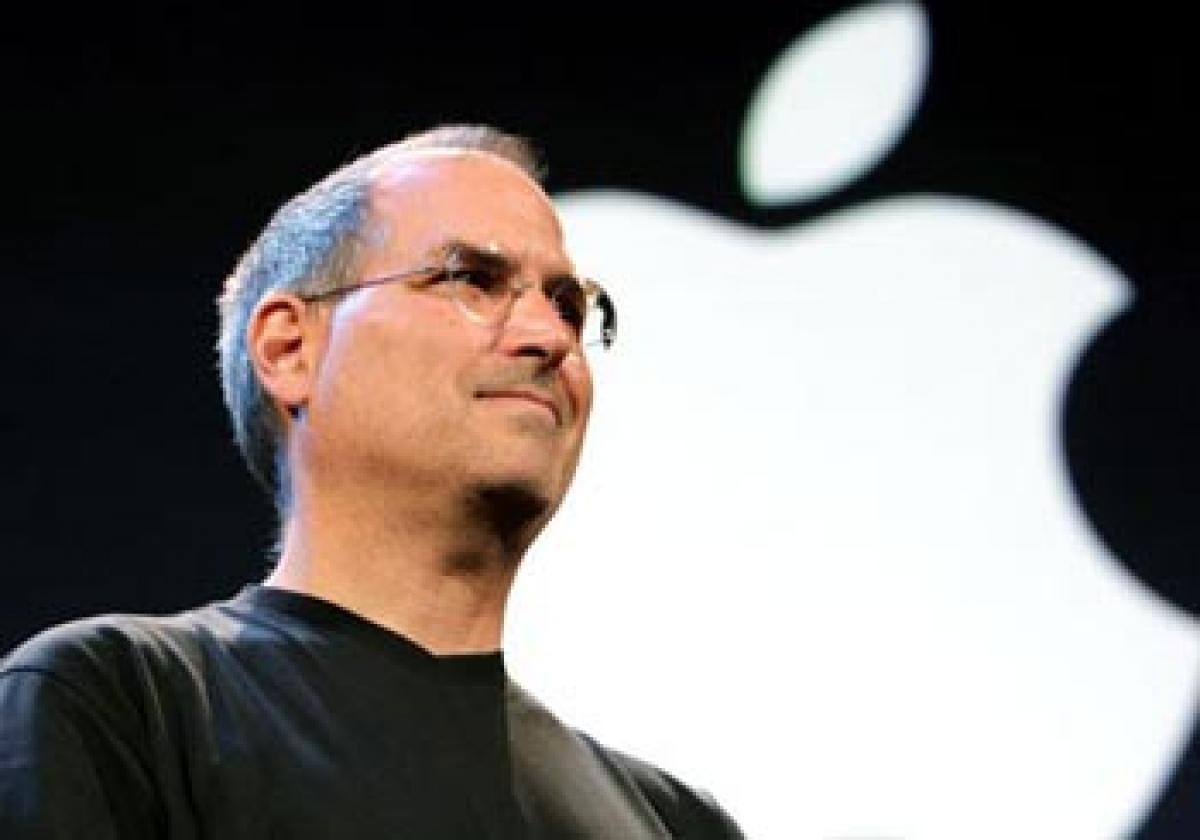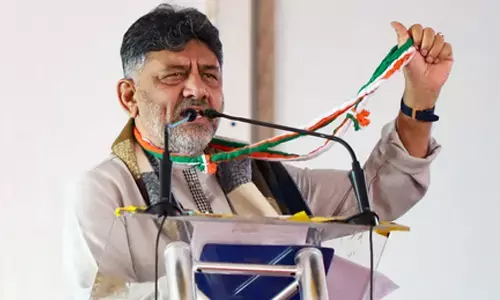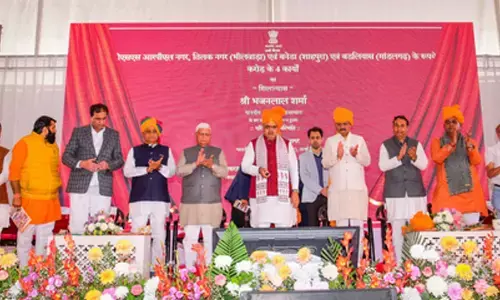Steve Jobs follower turns down job offer from Apple's Artificial Intelligence team

Snapshopr developed an image-search technology that helps users search for specific products on catalogues using images instead of text.
Snapshopr developed an image-search technology that helps users search for specific products on catalogues using images instead of text.
In his school and college days, Navneet Sharma, 26, was influenced by many, but two stand out in his mind: Albert Einstein and Steve Jobs. "I would look at Einstein and remind myself that I had to achieve something in physics, my passion. Jobs constantly motivated me to become an entrepreneur."
So, in early 2014, when he had graduated in computer science from Vellore Institute of Technology and was offered a job in Apple's artificial intelligence (AI) team, he actually turned it down.
The offer was music to his ears, but he felt he had to do something of his own. Even during his engineering days he had this fascination for entrepreneurship. He had tried some ideas in the education and content processing spaces, but he could not take them far. He thought he should take another shot.
By then, he had developed a deep interest in AI. He had founded an AI club in college where the members discussed the subject, and conducted workshops and projects in computer design In June 2014, when he was barely a month out of college, Sharma floated Snapshopr. The company developed an image-search technology that helps users search for specific products on catalogues using images instead of text.
This helped in categorization of product searches at a very minute level - benefiting online retailers and customers alike.
One of the juniors he had mentored in college, Vivek Gandhi, and a long-time friend, Debashish Pattnaik, joined Sharma as co-founders. Building the company wasn't easy. Funding was hard to come by. "Every popular investor turned us down," he says, adding that the funders seemed focused solely on shortterm returns. Anything related to Artificial Intelligence was, then perceived as futuristic.
"Our passion for AI kept us going," says Sharma, who hails from Rourkela in Odisha. Snapshopr eventually turned a corner in mid-2015 when it raised a seed fund.
Snapshopr has customers, but Sharma says he is not allowed to disclose the names. Revenue is on the basis of usage. He says Snapshopr would consolidate its presence in retail and then look at expanding into other verticals.
Sharma advises entre preneurs should take a hard look at their business model, especially how they intend to generate revenue and convince themselves about viability.
"That can go a long way in helping them achieve their ambitions," he says.
source: techgig.com


















